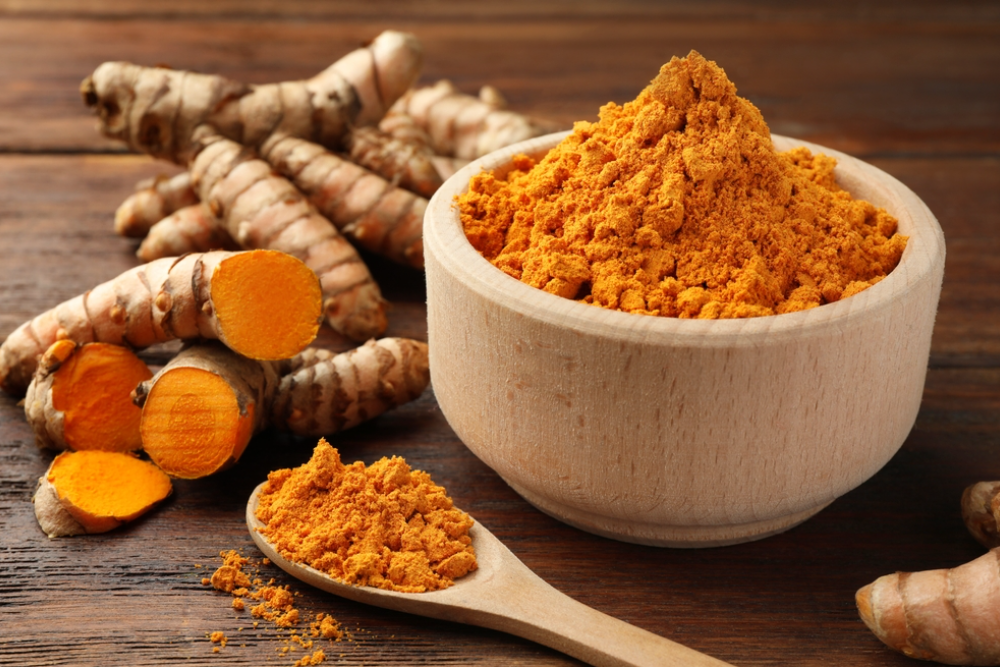Understanding the golden spice revolution
In recent years, few natural supplements have captured public attention quite like turmeric. The vibrant yellow spice, long a staple in Asian cuisines and traditional medicine, has transformed into a mainstream health product appearing in everything from capsules to beverages.
For those navigating joint discomfort, digestive issues or seeking general wellness support, turmeric supplements offer a promising natural alternative. However, the expanding marketplace presents challenges for consumers attempting to distinguish effective products from mere marketing hype.
The science behind the spice
Turmeric’s therapeutic effects stem primarily from curcumin, a powerful bioactive compound with documented anti-inflammatory and antioxidant properties. Research suggests these properties may benefit various health conditions, though most substantial evidence focuses on inflammatory responses and joint health.
The most significant challenge with curcumin lies in its limited bioavailability—the body struggles to absorb and utilize it efficiently without additional compounds that enhance absorption.
Superior turmeric supplement options
When evaluating the current marketplace, several products distinguish themselves through quality formulations, effective delivery systems, and independent verification. These standout options address specific health needs while prioritizing purity and potency.
Premium choice: Enhanced absorption formulas
Supplements that prioritize bioavailability represent the most advanced options available. Thorne’s Curcumin Phytosome exemplifies this category with its innovative delivery system that dramatically improves absorption rates. While priced higher at approximately $46, healthcare professionals frequently recommend this formula for its minimal ingredients and third-party certification.
Similar technology appears in Life Extension’s Advanced Curcumin Elite, which incorporates fenugreek fibers to maximize curcumin delivery. This science-focused approach ensures users obtain maximum benefit from each serving, justifying the investment for those seeking therapeutic effects rather than merely supplemental support.
Joint health specialists
For individuals primarily concerned with joint discomfort, formulations that combine turmeric with complementary ingredients offer targeted relief. Garden of Life’s Maximum Strength Turmeric pairs the golden spice with ginger, creating a synergistic effect that addresses inflammation through multiple pathways.
NatureWise takes a different approach with a high-dose formula providing 2,250 milligrams per serving. This concentration may benefit those requiring more substantial support, though it necessitates consuming three capsules daily—a potential drawback for those who struggle with pill consumption.
Budget-conscious options
Quality turmeric supplementation need not strain financial resources. Nature Made offers a straightforward formula at approximately $20 that delivers standard dosing without unnecessary additives. While lacking sophisticated absorption enhancers, this option remains suitable for those who can pair it with black pepper-containing foods or are primarily using turmeric as preventative support.
Alternative delivery methods
Traditional capsules and tablets dominate the market, but alternative formats address specific consumer needs. NOW Foods provides a certified organic liquid extract ideal for those with pill aversions. This versatile option integrates easily into beverages, though its distinctive flavor profile may not appeal universally.
Specialized formulations
Certain supplements address specialized requirements, such as New Chapter’s Turmeric Force for individuals with black pepper sensitivities. Though containing a lower curcumin dose, this product utilizes alternative compounds to enhance absorption without piperine (the active compound in black pepper), filling an important niche for those with specific dietary restrictions.
Essential selection criteria
Navigating the supplement marketplace requires understanding key factors that distinguish effective products from inferior options.
Curcumin concentration
The therapeutic potential of any turmeric supplement depends primarily on its curcumin content rather than total turmeric powder. Superior products clearly state standardized curcumin percentages, typically ranging from 95-98% curcuminoids, rather than emphasizing turmeric root powder quantities alone.
Bioavailability enhancers
Without absorption assistance, curcumin passes through the digestive system largely unutilized. Research demonstrates that compounds like piperine from black pepper can increase curcumin bioavailability by up to 2,000%. Other effective enhancers include phospholipid complexes, essential oils, and specialized delivery systems that overcome curcumin’s naturally poor absorption.
Independent verification
The supplement industry’s limited regulation makes third-party testing crucial for ensuring product safety and potency. Organizations like USP, NSF International, and ConsumerLab provide independent verification that supplements contain declared ingredients at stated potencies without harmful contaminants.
Formulation considerations
Beyond active ingredients, manufacturing processes significantly impact supplement effectiveness. Vegetarian capsules, minimized artificial additives, and sustainable sourcing practices indicate manufacturers prioritizing quality throughout production. These factors become particularly important for those with allergies, dietary restrictions, or environmental concerns.
Recommended dosages and usage patterns
Current research suggests therapeutic benefits typically begin at daily doses containing 500-1,000mg of curcumin with appropriate absorption enhancers. Some conditions may benefit from higher concentrations, though individuals should consult healthcare providers before exceeding standard recommendations.
Timing also impacts effectiveness, with many experts suggesting consumption alongside meals containing healthy fats to further enhance absorption. Consistency proves essential, as curcumin’s effects accumulate over time rather than providing immediate relief.
Implementation considerations
While turmeric supplements demonstrate impressive safety profiles for most individuals, certain populations should exercise caution. Those taking blood thinners, preparing for surgical procedures, or managing gallbladder conditions should consult healthcare providers before beginning supplementation due to turmeric’s mild anticoagulant properties.
Additionally, turmeric may interact with certain medications, including some antiplatelet drugs, antacids, and diabetes medications. These potential interactions emphasize the importance of discussing supplement plans with qualified healthcare professionals rather than self-prescribing based on general recommendations.
The integrated approach
Turmeric supplementation delivers maximum benefit when incorporated into comprehensive wellness strategies rather than viewed as isolated intervention. Anti-inflammatory dietary patterns, regular physical activity, stress management techniques, and adequate hydration complement turmeric’s effects while addressing health holistically.
For those experiencing chronic inflammation or persistent joint discomfort, this integrated approach often produces superior outcomes compared to supplementation alone. Considering turmeric as one component within broader lifestyle modifications establishes realistic expectations while maximizing potential benefits.
The expanding turmeric market continues evolving with innovative delivery systems and specialized formulations emerging regularly. By understanding fundamental selection criteria and matching products to personal health objectives, consumers can navigate this dynamic marketplace confidently while harnessing the remarkable potential of this ancient botanical remedy.














